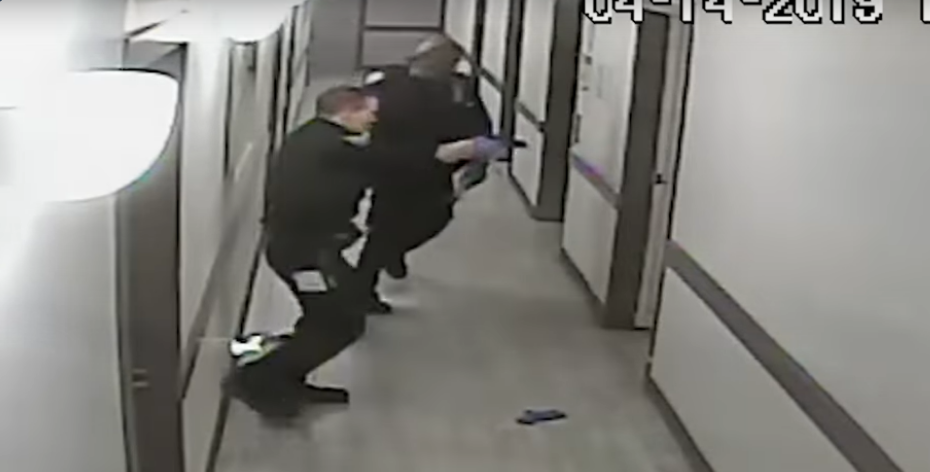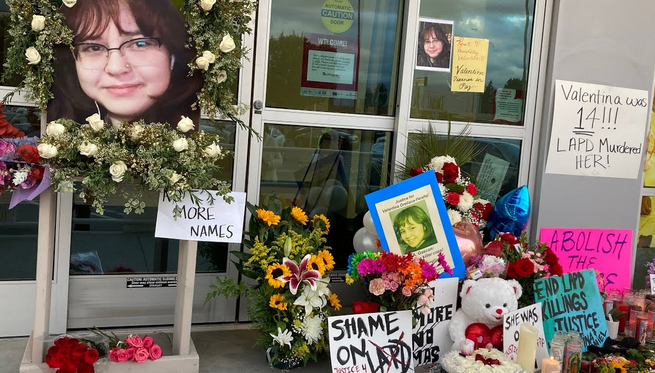Based on the reviews of ‘Boys of Baraka,’ I naively assumed that this story would show the boys interacting with their Kenyan peers and having a unique opportunity for a rich and sustained cultural exchange. Instead, their teachers are all white—except for their Kiswahili teacher—and their food is primarily American fare. The film fails to show what would have been a rich opportunity for the boys to experience, teach and learn from Kenyans.
I didn’t get a chance to see ‘Boys of Baraka,’ during the recent African Film Festival in New York because it was sold out so I made it a point to see the film when it opened at the Film Forum. As the movie progressed, my initial elation rapidly turned to disappointment .
First, the boys clearly had significant emotional, psychological and educational needs requiring evaluations and services. In fact, at one point in the film, a teacher acknowledges that one of the boys read at a second grade level – the boys were 12 – and needed a special education evaluation. Nowhere in this film do we see him getting that evaluation in order to assess his educational needs. Another boy’s father is in prison for shooting the boy’s mother in the leg. Again, nowhere in Baraka do we see him receiving psychological counseling. Simply placing the boys in a foreign country without assessing and addressing the issues that initially put them ‘at-risk’ is a superficial solution to the profound socio-economic, educational and psychological issues faced by the boys in the documentary.
My second disappointment was to see – yet again – Africa and Africans as a convenient and clichéd backdrop to a non-African story. Based on the reviews of ‘Boys of Baraka,’ I naively assumed that this story would show the boys interacting with their Kenyan peers and having a unique opportunity for a rich and sustained cultural exchange. Instead, their teachers are all white—except for their Kiswahili teacher—and their food is primarily American fare. The film fails to show what would have been a rich opportunity for the boys to experience, teach and learn from Kenyans. Instead, they were isolated in a rural part of Kenya where Kenyans are part of the landscape. In fact, the camera angles of the Kenyans illustrated a distinct ‘us versus them’ mentality by showing Kenyans from a distance. Predictably, there are the gratuitous shots of Kenya’s rich wildlife.
The boys of Baraka’s stay in Kenya was cut short by one year, much to their and their families’ devastation. One of the boys asked, “Why can’t we have the Baraka School here in Baltimore?� Indeed, why not? The boys had spent a year learning and growing together only to be dispersed back to the harsh reality of their lives. Why could the Baraka School have not maintained part of the program for the boys upon their forced return to Baltimore?
The Baraka School and it’s staff could have offered the boys from Baltimore an opportunity for amazing possibilities in their lives. Instead, it became a cruel experiment with children who already with nothing to lose lost a tremendous amount.
Ms. Oboma-Layat, who hails from Uganda, is a lawyer practicing in New York where she represents children in child protective and juvenile delinquency proceedings in the Family Court system.
*****
To subscribe to or advertise in The Black Star News, the world’s favorite Pan-African news weekly, please call (212) 481-7745. Contact us via [email protected] if you have any questions or news tips.











